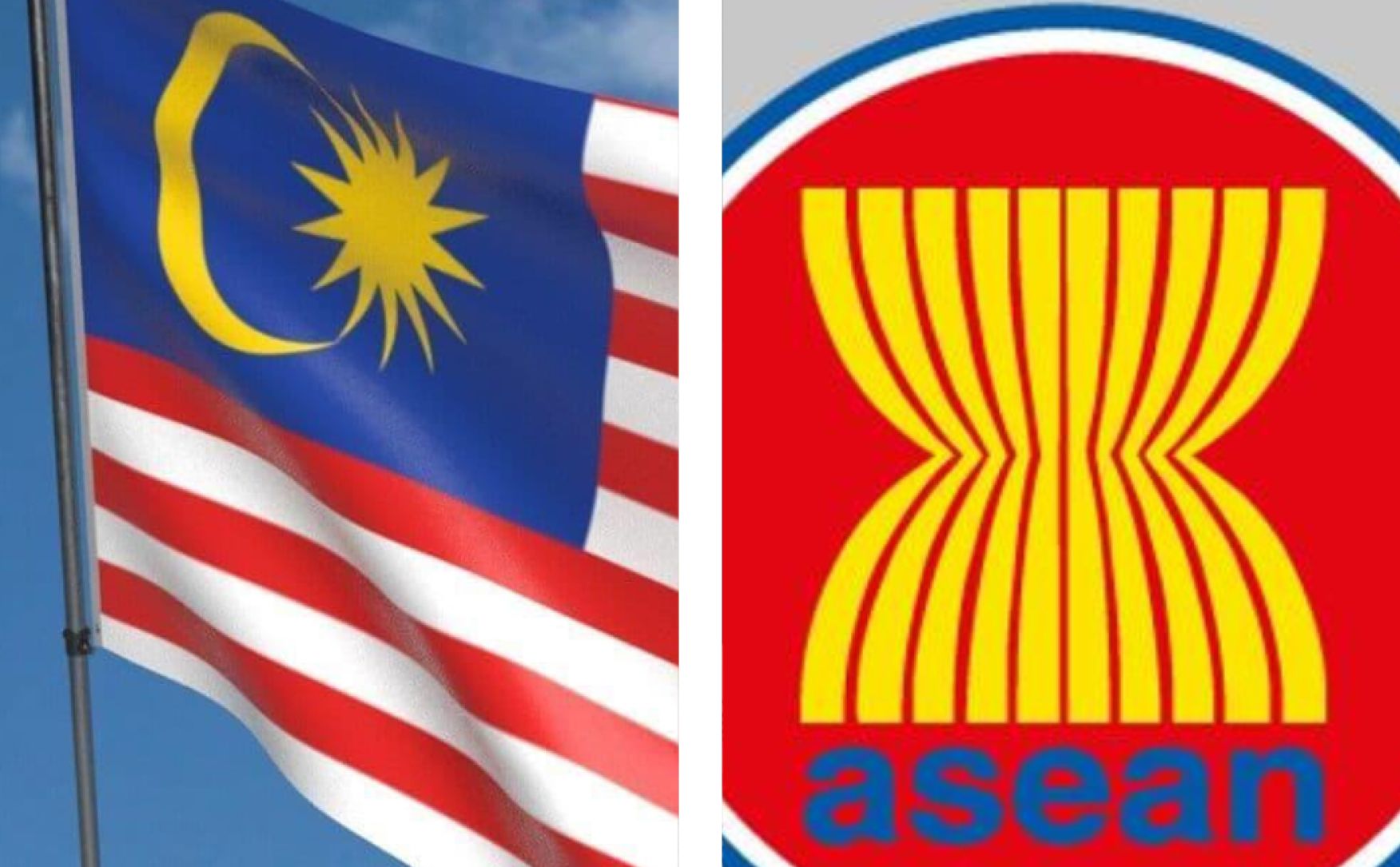By Maybelene Marcelino
Malaysia’s Association of Southeast Asian Nations (ASEAN) chairmanship began at a crucial juncture, demanding a balancing act between mitigating the risks of rising global instability and capitalising on opportunities for deeper regional integration.
Myanmar crisis and SCS tensions
Barely a month into taking the helm of the bloc, the Southeast Asian country is already grappling with urgent crises, including the Myanmar civil conflict and the simmering tensions in the geopolitically vital South China Sea (SCS).
The stalled implementation of the ASEAN five-point consensus for Myanmar, a peace plan launched in 2021 after the military coup, has hampered the organisation’s ability to effectively tackle regional issues, leading to mounting pressure for renewed action.
Progress on the negotiations for the South China Sea Code of Conduct (COC) – a framework aimed at de-escalating tensions in the contested waters – has also reached a standstill.
Disputes in the South China Sea are both persistent and unpredictable, stemming from overlapping territorial claims among four ASEAN member states – Brunei, Malaysia, the Philippines and Vietnam – and China.
It was reported that the Philippines has been the primary site of dangerous confrontations in the SCS, with China accused of aggressive acts against Manila’s vessels.
READ MORE: Seeking truth in warfare: The world calls for fearless journalism

Looming trade war
The global trade war initiated by newly-inaugurated United States President Donald Trump’s sweeping tariffs on Canada, Mexico and China has raised significant concerns within ASEAN.
It has created anxieties among certain member states about supply chain vulnerabilities and potentially worsening trade imbalances. This is because China has been ASEAN’s top trading partner since 2009.
According to ASEAN’s statistics in 2023, trade volume between ASEAN and China reached a new record of USD702 billion, making China a key player in the region’s economic landscape.
How Malaysia is proceeding
Recognising the need for enhanced discussions on these matters, Malaysia in December 2024 announced the formation of an ASEAN informal advisory group composed of prominent former leaders with extensive expertise and influence in navigating complex regional issues.
One of them is former Thai Prime Minister Thaksin Shinawatra while other potential advisers reportedly include George Yeo of Singapore and Retno Marsudi of Indonesia.
Malaysian Prime Minister Datuk Seri Anwar Ibrahim communicated the bloc’s commitment to a cautious and deliberate response to these challenges, prioritising the principles of peace, diplomacy and inclusive engagement.
“The critical point is peace must be secured, and you must not be deemed to continue these discriminatory practices or even what was deemed to be violence, to be perpetrated against minorities or any groups,” he said during an ASEAN Plenary titled “Even Stronger Together” on January 22, national news agency Bernama reported.
He explained that ASEAN’s strategy focuses on participatory democracy rather than imposing a particular political model.
“We tend to engage and form a policy that will benefit one another because if you do not cater for that, then there will not be peace and tranquillity among neighbours as you have seen in the case of Myanmar,” the premier added.
READ NEXT: Child sexual abuse: Addressing the evil lurking behind teenage pregnancy in the Philippines
